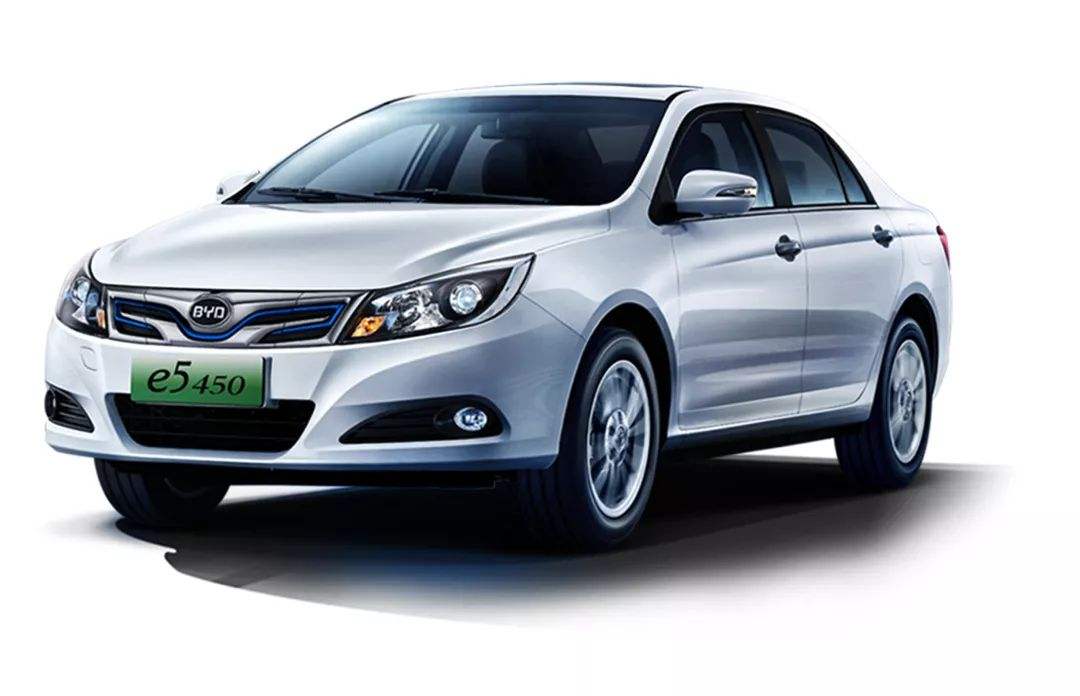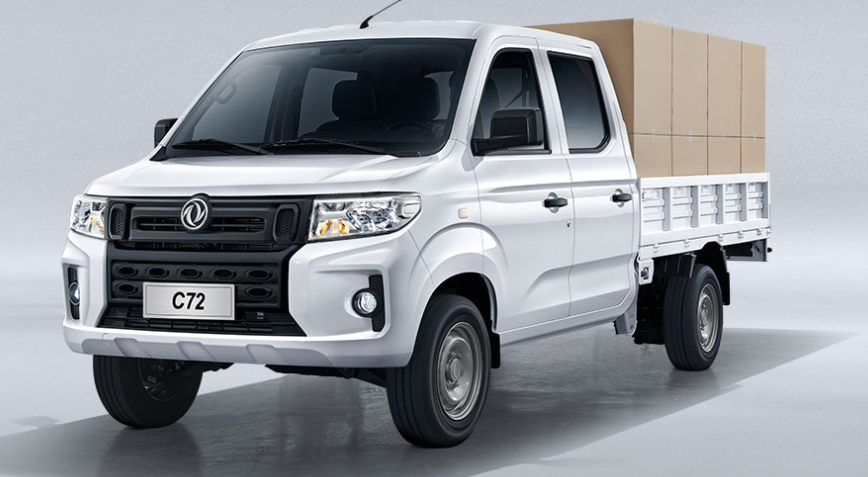Dongfeng Xiaokang is a subsidiary of Dongfeng Motor. The company will provide 5,000 small trucks to Japan's SBS, which will purchase another 5,000 electric trucks from other Chinese automakers. BYD's goal is to sell electric buses in Japan and provide a 40% discount. The current price of BYD electric buses in Japan is 40 million yen (about 354,120 US dollars).

Chinese electric car manufacturers Dongfeng Xiaokang and BYD flood into the Japanese truck and bus market

At present, Chinese electric car manufacturers are filling the gaps in the Japanese transportation market. These car companies are trying to transition to environmentally friendly vehicles in order to meet Japan's emission targets. Japanese automakers failed to act quickly. Because they failed to meet the needs of all segments of the local market, some people worried that Japanese automakers would lose out to their Chinese competitors in their own market. Japanese auto industry officials warned that China’s electric trucks, especially the 1-ton trucks used to transport parcels, could sweep the Japanese market.
Chinese electric car manufacturers Dongfeng Xiaokang and BYD flood into the Japanese truck and bus market
The first batch of 1-ton electric trucks delivered by Dongfeng Xiaokang to SBS were actually designed by Japanese electric vehicle start-up company Folofly and produced by Dongfeng Xiaokang. SBS will purchase 1.5-ton electric trucks from another Chinese electric car manufacturer.
Regardless of subsidies, the 1-ton electric trucks purchased by SBS cost 3.8 million yen each, which is equivalent to the price of Japanese fuel trucks. If you count the subsidies, the price of these electric trucks from China is lower than that of fuel trucks produced in Japan. These vehicles have a cruising range of 300 kilometers, and they will be used for merchandise distribution. SBS hopes to start importing these vehicles in January next year. In the next five years, SBS will replace its 5,000 Japanese-made diesel trucks with electric vehicles made in China, including those used by its partners.
As a listed company, SBS very much hopes to reduce the amount of greenhouse gases emitted by its fleet. However, Japanese local automakers have not yet started producing small 1-ton electric trucks. SBS estimates that even if Japanese car companies start producing similar vehicles, the price may be as high as 10 million yen, which is much higher than that of Chinese-made vehicles.
Japanese automakers are taking steps to develop electric trucks. In July, Suzuki and Daihatsu announced that they would participate in a project led by Toyota to jointly develop electric trucks. However, they may have entered the market too late to catch the online shopping boom caused by the COVID-19 pandemic, which is driving the demand for small delivery trucks in e-commerce companies.
Some other Japanese distribution companies are also starting to use electric vehicles made in China. This spring, Sagawa Express, a subsidiary of SG Holdings, announced that it will purchase 7,200 small electric vehicles from Guangxi Automobile Group, which will be received by the company starting next year. SG predicts that after adopting electric vehicles, the greenhouse gas emissions of its fleet will drop by 10% from 2019 levels.
















 RCCN WeChat QrCode
RCCN WeChat QrCode Mobile WebSite
Mobile WebSite